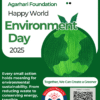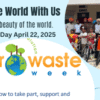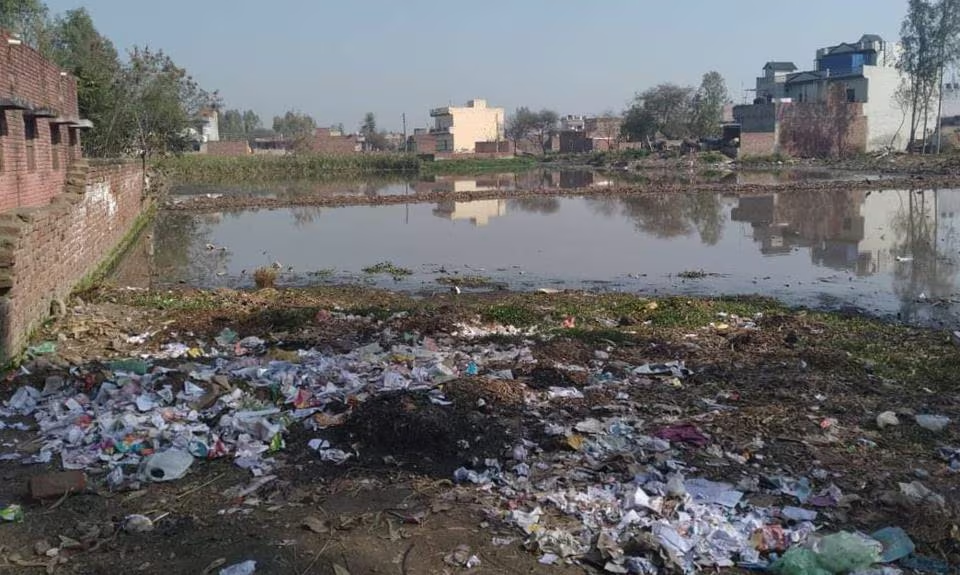
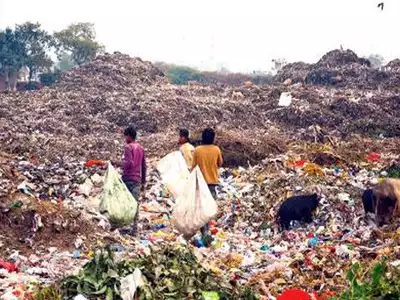
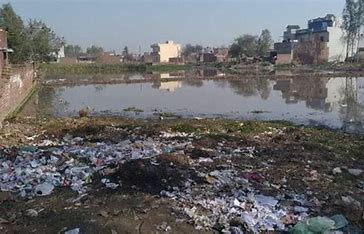
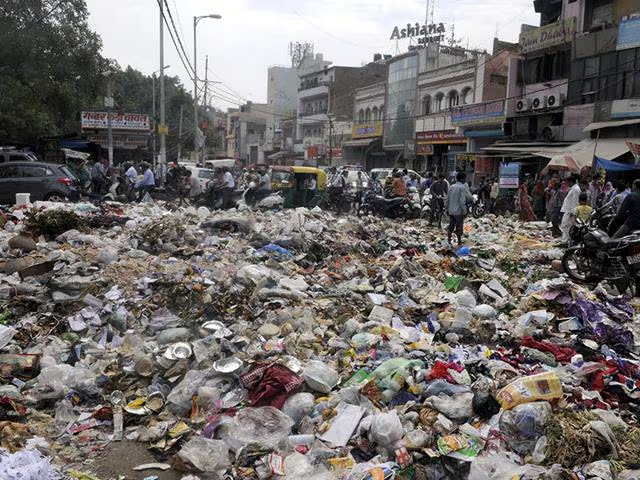
Effective waste management is a critical concern, especially in developing countries experiencing rapid urbanization and population growth. Misguided strategies and insufficient ground-level monitoring have led to environmental degradation and public health risks. Addressing these challenges requires a multifaceted approach that includes increasing public awareness, enforcing regulations, leveraging technology, and fostering community involvement.
Challenges in Waste Management
Developing nations often face obstacles such as inadequate infrastructure, limited financial resources, and low public awareness regarding proper waste disposal. These challenges contribute to environmental degradation, public health issues, and economic losses.
The Role of Community Involvement
Community engagement is pivotal in enhancing waste management practices. Active participation from residents can lead to more effective waste reduction, recycling, and disposal initiatives. Neighbourhood recycling programs, community cleanup events, and educational workshops exemplify how collective efforts can foster a culture of environmental responsibility.
Strategies to Enhance Community Participation
- Education and Awareness: Informing residents about the environmental and health impacts of improper waste disposal can motivate proactive behaviour. Educational campaigns can highlight the benefits of recycling and proper waste segregation.
- Incentivization: Implementing reward systems for recycling and waste reduction can encourage community involvement. For example, offering discounts on utility bills or providing community recognition can motivate residents to participate actively.
- Collaboration: Partnerships between local governments, NGOs, and community groups can pool resources and expertise for more effective waste management solutions. Collaborative efforts can lead to the development of comprehensive waste management plans that address local needs.
Case Studies of Successful Community Engagement in India
- Indore’s Waste Management Transformation: Indore has consistently ranked as the cleanest city in India due to its efficient waste management system. The municipal corporation implemented door-to-door waste collection, enforced strict segregation policies, and established composting units. Community participation was encouraged through awareness campaigns and incentivization, leading to a significant reduction in waste sent to landfills.
- Swachh Bharat Mission (SBM): Launched in 2014, SBM is a nationwide initiative aiming to eliminate open defecation, improve urban and rural sanitation, and promote scientific waste management. The mission emphasizes waste segregation at the source and encourages the use of modern waste management technologies. Community involvement has been a cornerstone of SBM, with citizens actively participating in cleanliness drives and awareness programs.
- Plastic Waste Management Rules (2018): These regulations introduced Extended Producer Responsibility (EPR), making manufacturers and importers accountable for the end-of-life management of plastic products. The rules also imposed bans on certain single-use plastics and promoted the development of recycling infrastructure. Public awareness campaigns have been integral to the successful implementation of these rules.
- Waste to Wealth Mission: This initiative focuses on transforming waste into valuable resources through innovative technologies and processes. Collaborations between government bodies and private enterprises have led to the development of customized solutions for waste management challenges, such as the deployment of specialized equipment for drain cleaning in urban areas.
- Additional Measures to Improve Waste Management
- Strict Enforcement and Surveillance: Implementing and enforcing stringent waste management regulations can deter improper disposal practices. Increasing surveillance and imposing penalties on violators can promote compliance and accountability.
- Leveraging Technology: Utilizing technological solutions, such as waste tracking systems and mobile applications for reporting illegal dumping, can enhance monitoring and management efficiency.
- NGO Involvement: Engaging non-governmental organizations to promote awareness and facilitate community participation can bridge gaps between authorities and residents, fostering trust and cooperation.
In conclusion, addressing waste management challenges requires steering misguided strategies towards effective, community-cantered approaches. By increasing public awareness, enforcing regulations, leveraging technology, and fostering collaboration, communities can develop sustainable waste management practices that promote cleanliness and environmental health.




